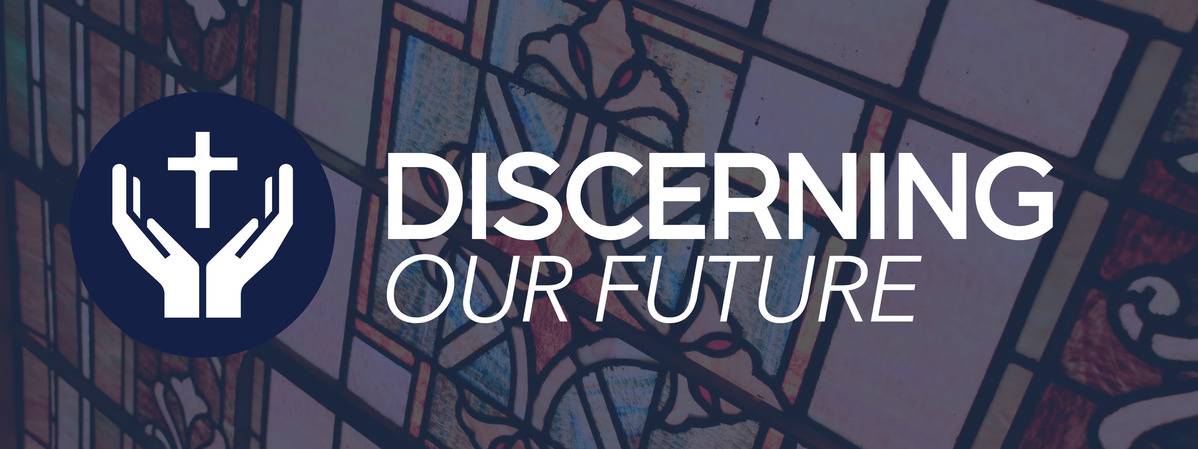Human Sexuality – Book of Discipline ¶162.G. “We affirm that all persons are individuals of sacred worth, created in the image of God. All persons need the ministry of the Church in their struggles for human fulfillment, as well as their spiritual and emotional care of a fellowship that enables reconciling relationships with God, with others, and with self. The UMC does not condone the practice of homosexuality and considers this practice incompatible with Christian teaching. We affirm that God’s grace is available to all. We will seek to live together in Christian community, welcoming, forgiving, and loving one another, as Christ has loved and accepted us”.
The UMC implores families and churches not to reject or condemn lesbian and gay members and friends. Everyone is welcome to worship and actively participate in the life of our churches. Laypersons may become members and live out their faith through their local church without respect to sexual orientation or practice.
Sexual relations are affirmed only within the monogamous, heterosexual marriage and a distinction is drawn between orientation and practice, or behavior. In 1976, ¶613 was added to the Book of Discipline “No board, agency, committee, commission, or council shall give United Methodist funds to any ‘gay caucus’ or group or otherwise use of such funds to promote the acceptance of homosexuality”.
The church has also maintained restrictions regarding clergy. In 1984, ¶304.3 was added that “Since the practice of homosexuality is incompatible with Christian teaching, self-avowed practicing homosexuals are not to be accepted as candidates, ordained as ministers, or appointed to serve in the UMC. ¶341.6 was added to the Book of Discipline “Ceremonies that celebrate same-sex unions shall not be conducted by our ministers and shall not be conducted in our churches”.
Some members feel strongly that the church should uphold its current stances regarding gay clergy and marriage. Others strongly advocate for inclusion of self-identified LGBTQIA+ persons in all aspects of life in the church. To accomplish this inclusion, they want all prohibitive language regarding self-identified LGBTQIA+ persons abolished entirely from the Book of Discipline.

